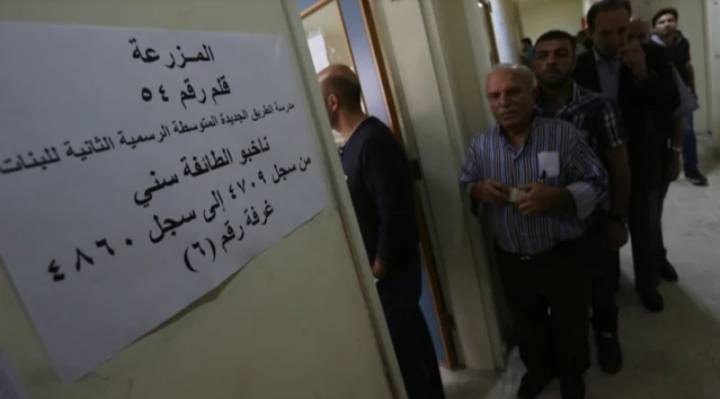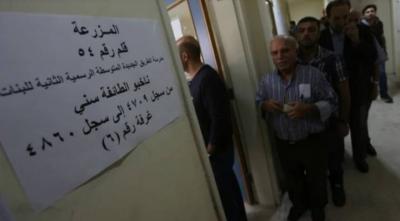Discussions regarding the fate of municipal and elective elections have begun to infiltrate political and legal circles. However, there is significant uncertainty, making it difficult even now for any involved party to confirm whether they will take place. More importantly, there is a pressing question regarding the fate of municipal and elective councils if conducting the elections becomes impossible or even just deferred, amidst the challenge of necessary legislation before electing a president for the republic.
Interior and Municipalities Minister Bassam Mawlawi has repeatedly asserted his full readiness to conduct the elections on schedule in May, calling for the electoral bodies in early April, a matter he reaffirmed before members of the National Defense, Interior, and Municipalities Parliamentary Committee just days ago. However, the primary obstacle facing this commitment is how to secure the required funds, estimated at around 11 million and 350 thousand dollars. This necessitates holding a legislative session and passing a law to allocate these funds, especially since Finance Minister Youssef Khalil, who also participated in the committee, ruled out the possibility of securing these funds from the 2022 budget surplus.
In this context, parliamentary sources confirmed to MTV, that "the Minister of Interior is making efforts and doing everything necessary to hold the elections, but the issue is primarily political, in addition to the legislative aspect, as municipal elections require allocations that, in turn, need a law from the parliament." They raised the question: "But if a legislative session is not held to open the allocations, then postponing the elections through extending the current councils would also require a law in the parliament. Thus, are we heading towards a vacuum, opening the door to deliberation on how to manage public services?" stressing that this situation should not occur.
Therefore, the core problem lies in the possibility of holding a legislative session amidst a presidential vacuum, an issue that some parliamentary blocs, particularly Christian ones, reject. Here, Dr. Paul Marqous, head of the JUSTICIA legal organization, clarified via MTV that "according to Article 75 of the Constitution, which must be interpreted in light of the entirety of constitutional provisions—what is termed 'interprétation dans l'ensemble' and not in isolation—the parliament convened to elect a president cannot legislate, but must continue immediately to elect the president, which it has not done. Thus, the parliament struggles to legislate in the absence of a president."
Marqous added, "However, Parliament Speaker Nabih Berri may have a different interpretation, which is a literal reading of this particular article. He believes that the parliament is not currently convened to elect a president, and thus reverts to its fundamental legislative and oversight powers, operating on the basis that limitations on the parliament's authority are interpreted restrictively. Therefore, it can legislate financially or extend the terms of local and elective councils exceptionally as long as it is not convened."
Consequently, the impossibility of holding a legislative session would accordingly mean that elections cannot be conducted, and at the same time, they cannot be postponed by law. What fate awaits local councils? Marqous answered: "If there is no extension for municipal and elective councils, it means their term will automatically end."
Based on this, does this mean that there will be no new municipalities in Lebanon without a president of the republic?




